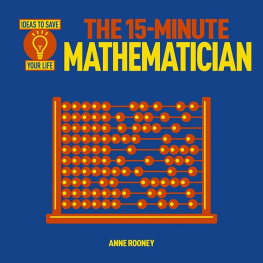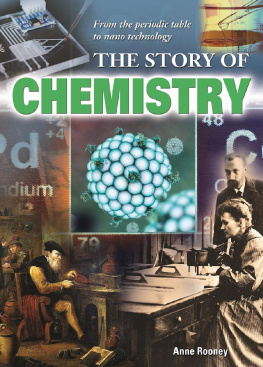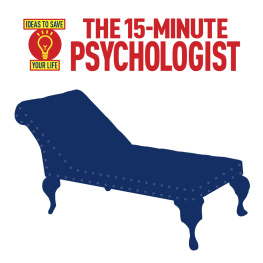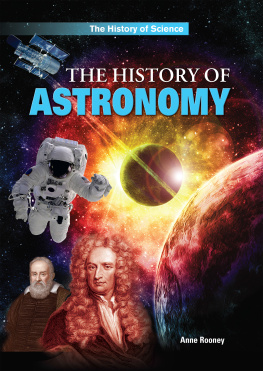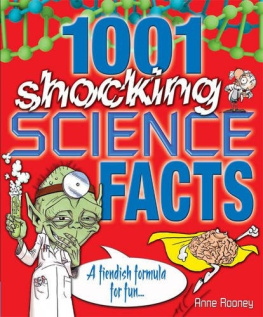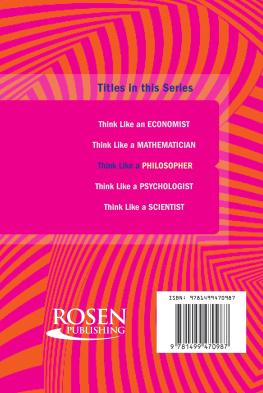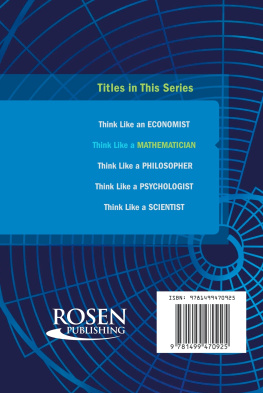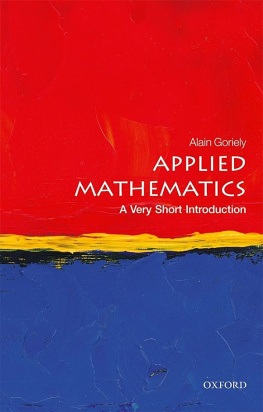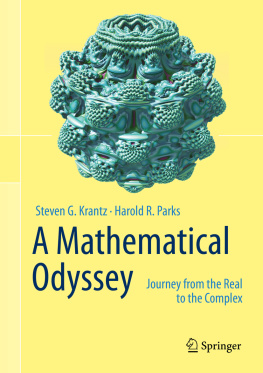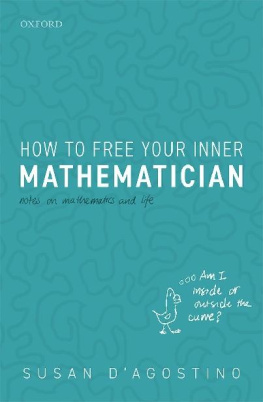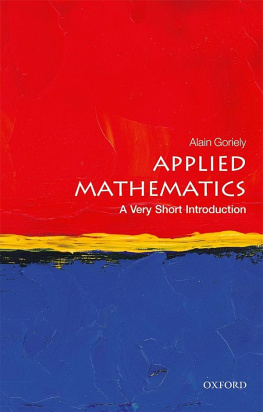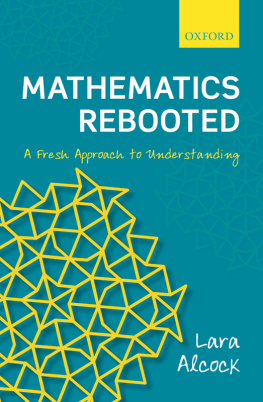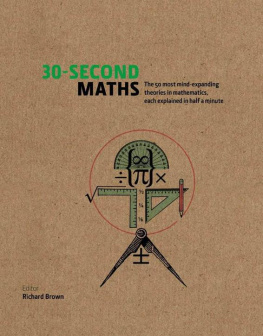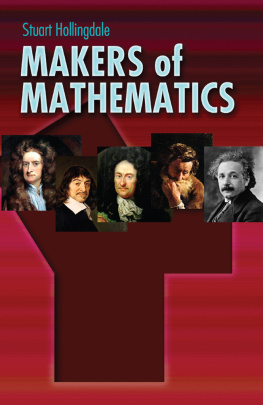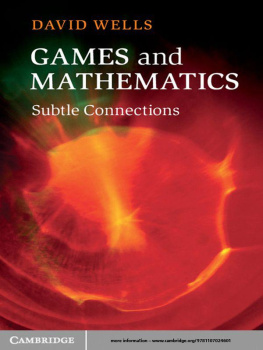Each chapter deals with a big question in a fun and engaging way and looks at how numbers are used to present information. Mathematics underpins all science and has been responsible for humanitys incredible progress throughout the ages. It is a global enterprise and an international language. Numbers can be used to illuminate, explain and clarify but also to lie, obfuscate and confuse. The 15-Minute Mathematician helps us to decide for ourselves when the numbers add up.
Chapter 1
You couldnt make it up or did we?

Is maths just out there, waiting to be discovered? Or have we made it up entirely?
Whether mathematics is discovered or invented has been debated since the time of the Greek philosopher Pythagoras, in the 5th century BC.
Two positions if you believe in two
The first position states that all the laws of mathematics, all the equations we use to describe and predict phenomena, exist independently of human intellect. This means that a triangle is an independent entity and its angles actually do add up to 180 degrees. Maths would exist even if humans had never come along, and will continue to exist long after we have gone. The Italian mathematician and astronomer Galileo shared this view, that maths is true.
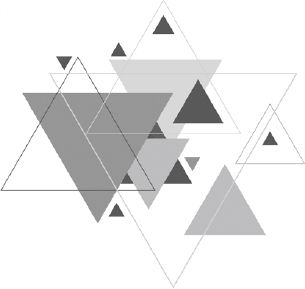
Mathematics is the language in which God has written the universe.
Galileo Galilei
Its there, but we cant quite see it
The Ancient Greek philosopher and mathematician Plato proposed in the early 4th century BC that everything we experience through our senses is an imperfect copy of a theoretical ideal. This means every dog, every tree, every act of charity, is a slightly shabby or limited version of the ideal, essential dog, tree or act of charity. As humans, we cant see the ideals which Plato called forms but only the examples that we encounter in everyday reality. The world around us is ever-changing and flawed, but the realm of forms is perfect and unchanging. Mathematics, according to Plato, inhabits the realm of forms.
God created the integers. All the rest is the work of Man.
Leopold Kronecker (1823-91)
Although we cant see the world of forms directly, we can approach it through reason. Plato likened the reality we experience to the shadows cast on the wall of a cave by figures passing in front of a fire.
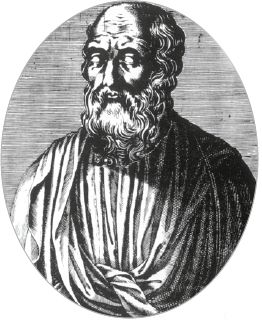
If you are in the cave, facing the wall (chained up so that you cant turn around, in Platos scenario) the shadows are all you know and so you consider them to be reality. But in fact, reality is represented by the figures near the fire and the shadows are a poor substitute.
Plato considered maths to be part of eternal truth. Mathematical rules are out there and can be discovered through reason. They regulate the universe, and our understanding of the universe relies on discovering them.
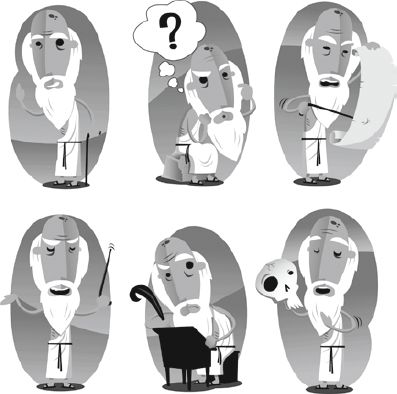
What if we made it up?
The other main position is that maths is the manifestation of our own attempts to understand and describe the world we see around us. In this view, the convention that the angles of a triangle add up to 180 degrees is just that a convention, like black shoes being considered more formal than mauve shoes. It is a convention because we defined the triangle, we defined the degree (and the idea of the degree), and we probably made up 180, too.
At least if maths is made up, theres less potential to be wrong. Just as we cant say that tree is the wrong word for a tree, we couldnt say that made-up maths is wrong though bad maths might not be up to the job.
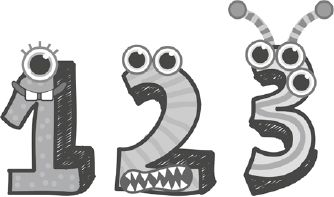
Alien maths
Are we the only intelligent beings in the universe? Lets assume not, at least for a moment (see ).
If mathematics is discovered, any aliens of a mathematical bent will discover the same maths that we use, which will make communication with them feasible. They might express it differently using a different number base, for example (see ) but their mathematical system will describe the same rules as ours.
If we make up mathematics, there is no reason at all why any alien intelligence should come up with the same mathematics. Indeed, it would be rather a surprise if they did perhaps as much of a surprise as if they turned out to speak Chinese, or Akkadian, or killer whale. For, if maths is simply a code we use to help us describe and work with the reality we observe, it is similar to language. There is nothing that makes the word tree a true signifier for the object that is a tree. Aliens will have a different word for tree when they see one. If there is nothing true about the elliptical orbit of a planet, or about the maths of rocket science, an alien intelligence will probably have seen and described phenomena in very different terms.
How can it be that mathematics, being after all a product of human thought which is independent of experience, is so admirably appropriate to the objects of reality?
Albert Einstein (18791955)
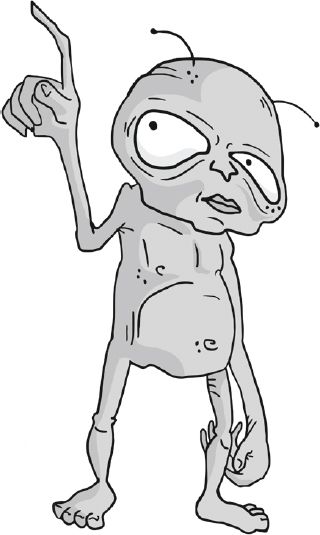

How amazing!
Perhaps it is amazing that mathematics is such a good fit for the world around us or perhaps it is inevitable. The its amazing argument doesnt really support either view. If we invented maths, we would create something that adequately describes the world around us. If we discovered maths, it would obviously be appropriate to the world around us as it would be right in a way that is larger than us. Mathematics is so admirably appropriate to the objects of reality either because its true or because thats what it was designed for.
Look out its behind you!
Another possibility is that mathematics seems astonishingly good at representing the real world because we only look at the bits that work. Its rather like seeing coincidences as evidence of something supernatural going on. Yes, its really amazing that you went abroad on holiday to an obscure village in Indonesia and bumped into a friend but only because you are not thinking about all the times you and other people have gone somewhere and

